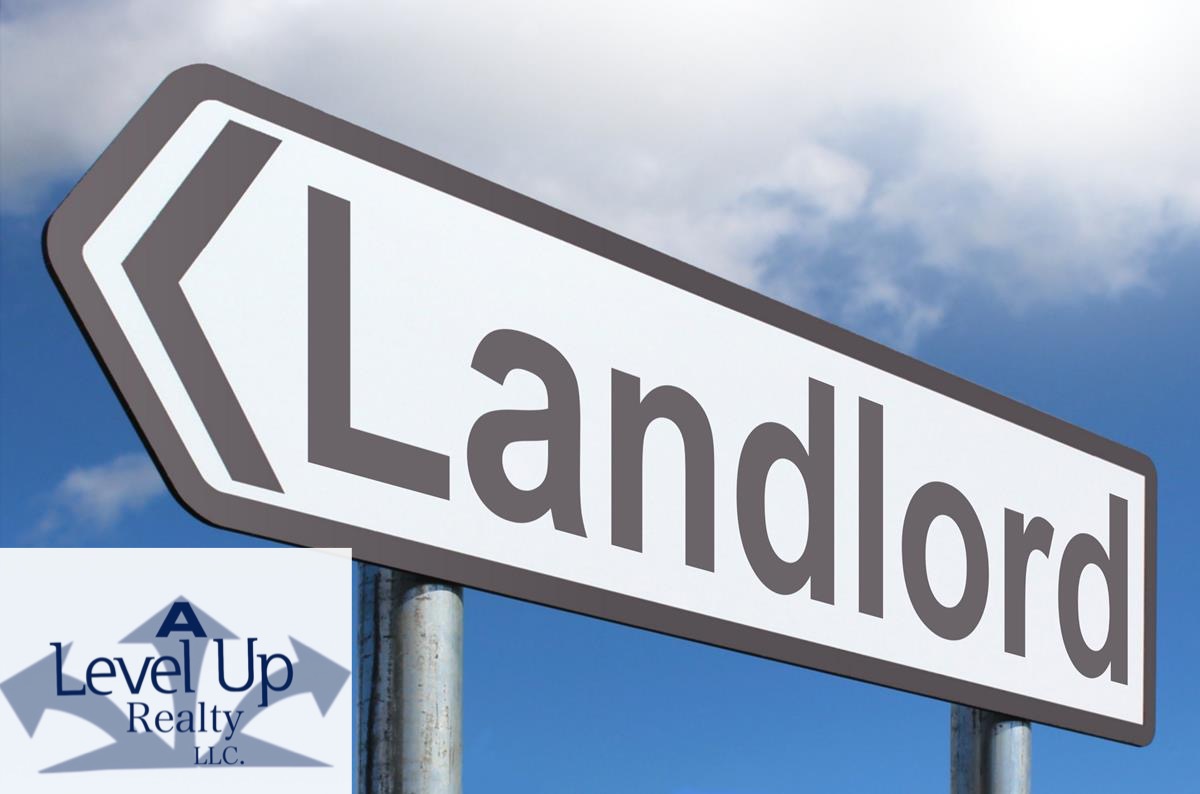
When I say real estate tycoon, your thoughts probably jump straight to Donald Trump or somebody on a reality show. Then you probably smile a little bit and think to yourself, “If only I had an investment property, I could be on my way to a mega-fortune in no time at all.”
Well, if you currently own your home or are planning to buy a house, you could wind up becoming a real estate speculator a lot sooner than you think.
Becoming an accidental landlord is not all that odd or uncommon, as many people find out firsthand. The situation usually arises when homeowners are unable or unwilling to sell their current home. This is often the case when a homeowner has little or no equity and, after closing costs and commissions are factored in, a sale wouldn’t yield enough money to satisfy the old mortgage.
The solution is to keep the house and turn it into an investment property while they wait for the market to appreciate, so they can at last sell it at a profit, or at least break even. And who knows: Maybe it will be the start of their own mini-Trump empire.
However, there’s a but — actually, there are a whole slew of buts — waiting in the wings, starting with the fact that being a landlord is not easy.
Ask any group of small-scale rental property owners (one to 20 properties) and they will tell you that there is a lot more to being a non-resident landlord than collecting rent. And I can assure you from personal experience that even collecting the rent can be an exercise in patience and perseverance.
Getting Started
Regardless of the circumstances that led you to become a landlord, the first thing you should do is start putting aside as much cash as you can to cover your mortgage, property taxes, and insurance.
Finding a tenant for your house is easy. Finding a good tenant is hard. The first mistake accidental landlords make is assuming that all prospective tenants are responsible. Assuming that the rent will be paid in full, and on time, so that you can roll over the payment to cover the mortgage and other expenses — plus a little something for the kitty — is a rookie mistake nearly everyone makes.
You can reduce your chances of getting stuck with a bad tenant by sticking to the first rule of landlords and nuclear arms treaties: Trust but verify. No matter how nice the people who want to rent your house appear to be, and no matter how convincing they are when they insist that they’re responsible, don’t take them at their word! That may sound cold, cruel, and callous, and maybe it is. But we’re talking about giving complete strangers the keys to a piece of your property that may be worth hundreds of thousands of dollars.
Cash Flow
When it comes to cash flow from a rental property, the flow often starts off in the wrong direction. That begins with doing your due diligence on prospective tenants.
Background and credit checks run from $25-$50 each and can add up if you get a string of losers before you settle on a keeper. While you can download and modify a form lease for little or no cost, you’re better off spending a couple of hundred bucks to have a local attorney draw up a lease that conforms with state and local laws.
Late or missed rent is only one part of the cash flow conundrum that accidental landlords face. Make sure you budget for unexpected repairs and regular maintenance.
Even if you’re relatively handy, you won’t always be able to perform these tasks at night after work, because while you may own the house, it’s not your home. That means you can’t show up at 7 p.m. with a monkey wrench, a smile, and the promise that if you don’t get the water fixed tonight, it will be working by the weekend for sure.
So unless you’re semi-retired or have tons of vacation time in the bank, you’re going to have to fork over some funds for professionals to do repairs.
Beware of Mixed Metaphors
The hook that turns most people into accidental landlords is the same one that can bite you on the butt down the road: For the most part, real estate almost always appreciates in value. But the part that can take a chunk out of your rear end is capital gains tax. This is especially true if your house is in one of the real estate markets that has consistently outpaced inflation for the past 40 years.
This potentially sticky wicket gets stickier if you have some equity in your house when you become an accidental landlord. The capital gains tax is incurred by investors, including accidental investors, when they have a profit on the sale of a capital asset. In this case, the capital asset is your rental house, and even though the tax accumulates while you own the house, it is not payable until you sell it.
The good news for accidental landlords is that if you lived in the house for at least two years before you started renting it, and sell it within three years of moving out, you’re entitled to a gain exclusion of up to $500,000 for married couples ($250,000 for singles).
So if a married couple purchased a house for $500,000, lived in it for a few years, then started renting it out and sold it a year later for $900,000, they’d pay no capital gains tax, despite the handsome profit. If it sold for $1,100,000, they’d only owe on that last $100,000 in profit. In order to take advantage of the exclusion, you have to have lived in the house for two of the last five years.
If, on the other hand, your house goes down in value or you are underwater on your mortgage when you sell (i.e., you owe more than your house is worth), you may be subject to a tax on cancellation of debt. For instance, if you owe $200,000 on your mortgage, but your house sells in a short sale for $175,000 and the bank forgives that last $25,000 on your loan, it can be treated as taxable income.
Either way, you should consult with a qualified tax accountant regularly so you don’t find yourself with a hefty tax bill you can’t afford.
Second Home vs. Rental Property
Like a professional wrestling steel cage match, the second home versus rental property insurance issue doesn’t depend on a clear set of rules but what the referee sees. When it comes to insurance, the referee is the insurance company, and different companies see things differently.
The threshold for how long a unit must be rented out to be considered either a rental property or a vacation home can range from a few weeks to a few months. This may not be an issue if you plan to flip your former home in just a few months, but if not, you’re probably going to have to secure different insurance.
That is, unless you live in the same home as your new tenant — for instance, in a two- or three-family unit — in which case you may be able to add a unit rented endorsement to your existing homeowners policy.
Check with your insurance company rather than making assumptions about what is allowed. The risk of keeping your old homeowners policy in place after tenants move in is the very real possibility that your insurer will refuse to pay any claims.
If you found value in this you will find value in A Level Up Property Management! Call or hit the link for a free property review!




